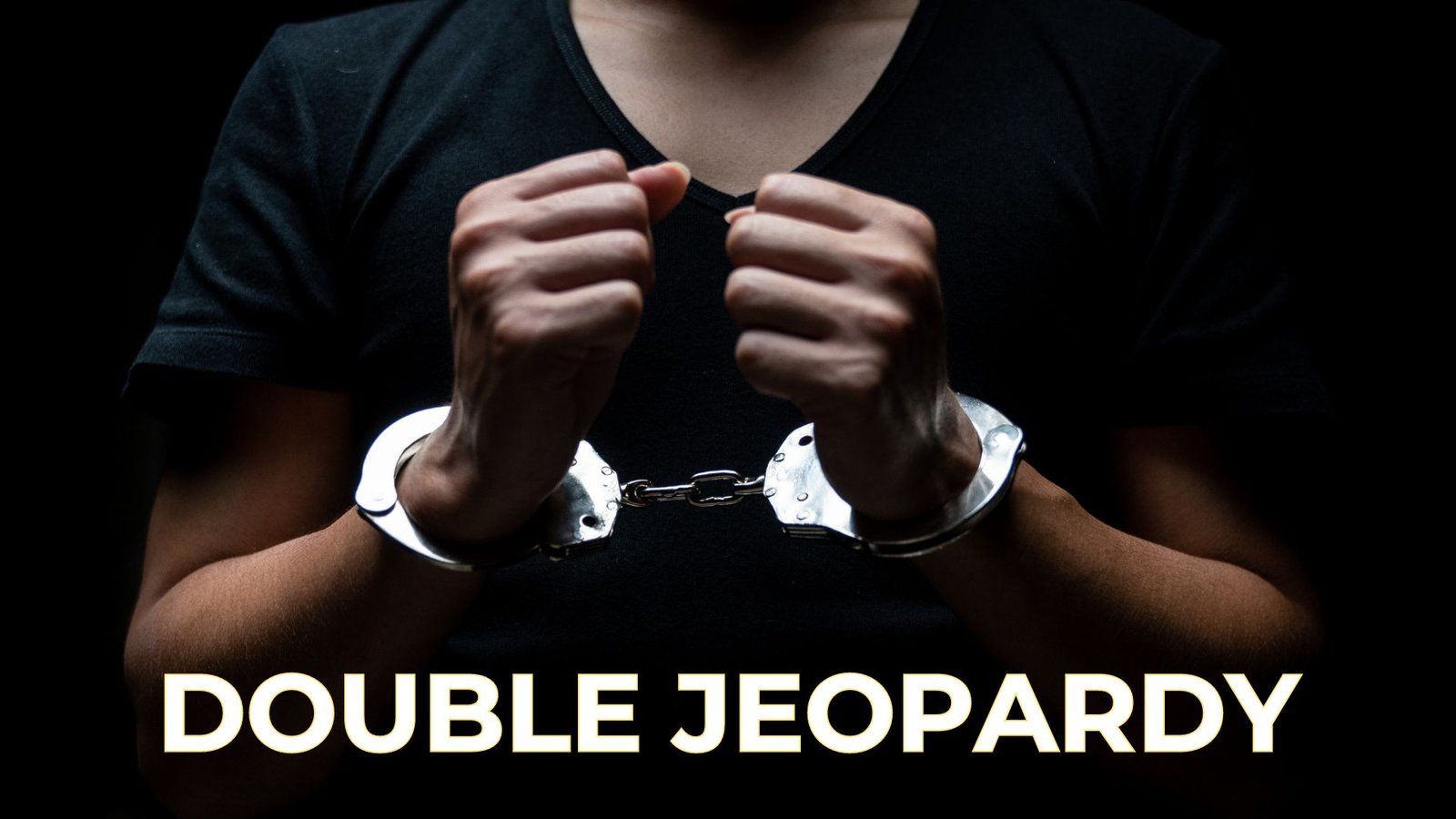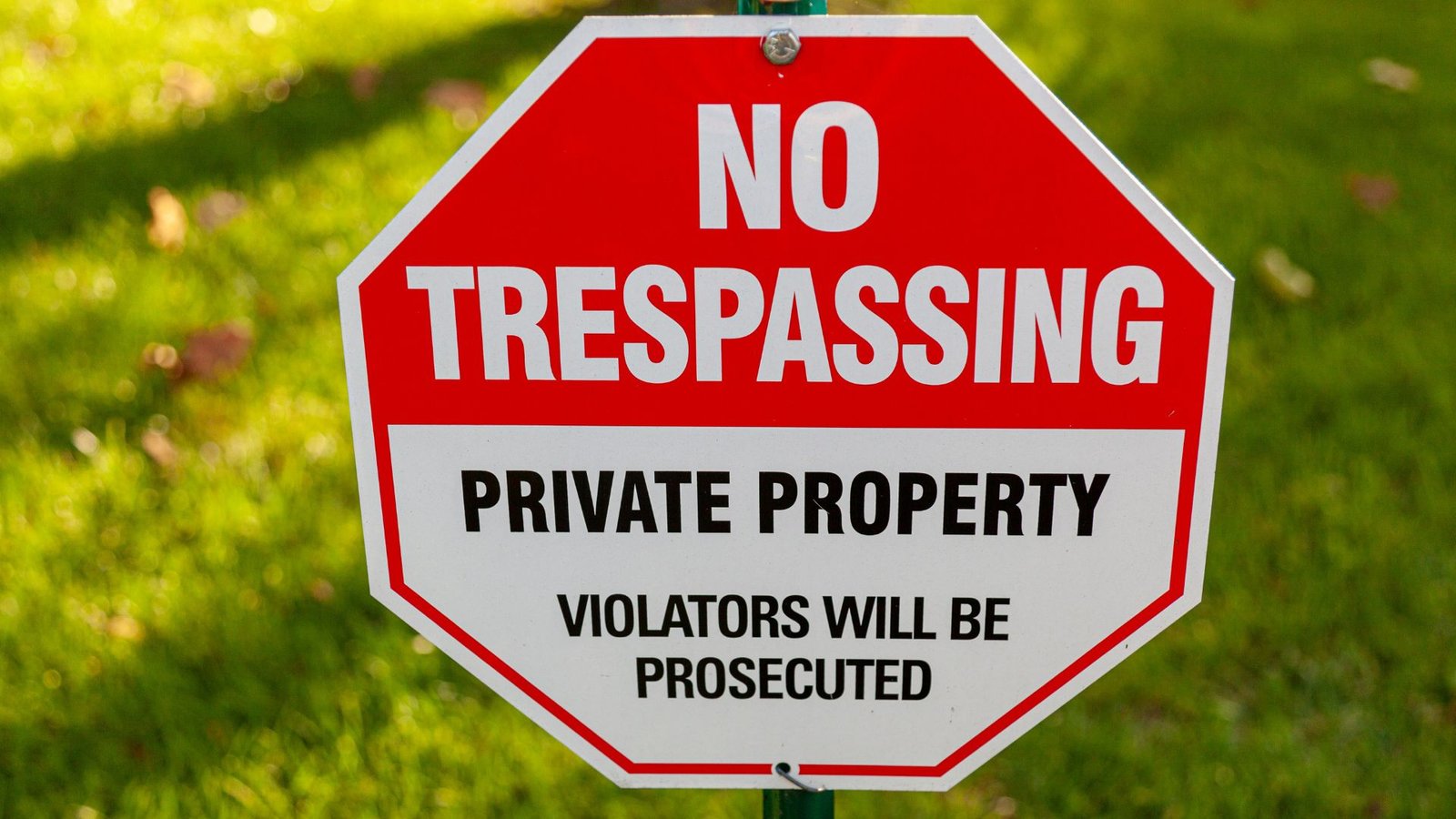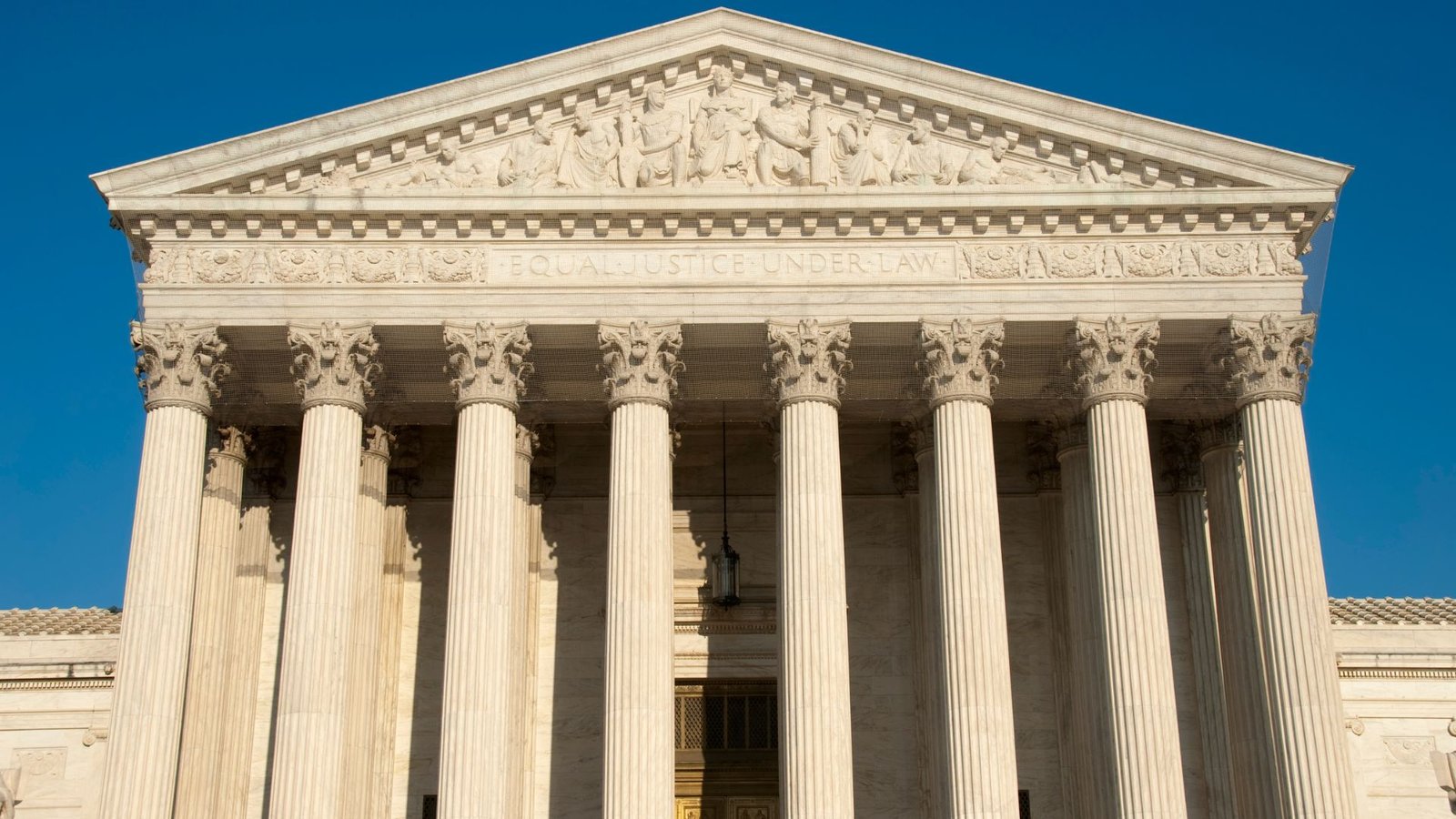On this page you will read detailed information about What Is Double Jeopardy.
As an informed citizen, you may have heard the term “double jeopardy” used in television crime dramas or legal thrillers. However, you may be unaware of the exact definition of double jeopardy or how this legal principle operates. In this article, you will gain a deeper understanding of what constitutes double jeopardy. We will explore the Fifth Amendment of the U.S. Constitution where this concept originates. You will learn details on what double jeopardy means, including protections it provides to citizens regarding being tried twice for the same crime. We will also examine some notable exceptions and nuances regarding double jeopardy. After reading, you will have the knowledge to intelligently discuss this aspect of the legal system.
What Is Double Jeopardy?
Double jeopardy is a legal principle that prevents a person from being tried again on the same or similar charges following a legitimate acquittal or conviction. In other words, it prohibits multiple punishments for the same offense.
The Fifth Amendment to the U.S. Constitution states that no person shall “be subject for the same offense to be twice put in jeopardy of life or limb.” This means that once an individual has been acquitted or convicted of a crime, the government cannot prosecute them again for the same criminal act.
- Acquittal: If a person is acquitted of a crime, either by a judge or jury, the government cannot try them again for that offense. An acquittal signifies that there was not enough evidence to prove guilt beyond a reasonable doubt.
- Conviction: Once a person has been convicted and served their sentence (including parole or probation), the government cannot charge them with that crime again. Double jeopardy applies even if new evidence of guilt arises later.
However, double jeopardy does not prevent retrial if:
- The first trial ended in a mistrial due to a hung jury or other reasons. Since there was no final verdict, jeopardy has not attached.
- The defendant appeals their conviction and wins a reversal, in which case they can be retried. By appealing, they have essentially waived double jeopardy protections.
- Separate sovereigns are involved, e.g. state and federal governments. For the same act, a person can face charges in both state and federal court under certain circumstances.
- The charges in the second trial are for a separate offense, even if they stem from the same criminal act. The government can try a defendant again if the charges are not identical.
In summary, the double jeopardy clause aims to protect citizens from abuse of legal process and prevent harassment by multiple prosecutions for the same wrongdoing. It enshrines the notion that “the State with all its resources and power should not be allowed to make repeated attempts to convict an individual for an alleged offense.”
In the previous post, we had shared information about Criminal Trespass: Elements, Defenses, and Penalties, so read that post also.
The Origin and History of Double Jeopardy
The principle of double jeopardy has its origins in Roman law, but it was formally established as a legal principle in English common law in the 17th century. The rationale behind double jeopardy is that the state should not be allowed to repeatedly prosecute individuals for the same offense, subjecting them to embarrassment, expense, and ordeal, and compelling them to live in a continuing state of anxiety and insecurity.
Double jeopardy was established as a legal principle in English common law in 1695, when William III of Orange became King of England. The passage of the English Bill of Rights in 1689 prohibited double jeopardy, stating that “no man be twice put in jeopardy of life or limb for the same offense.” This established protection against double jeopardy for individuals tried in English courts.
The double jeopardy clause was included in the Fifth Amendment to the U.S. Constitution, ratified in 1791. It states, “No person shall be…subject for the same offense to be twice put in jeopardy of life or limb.” This prohibits prosecuting or punishing a person twice for the same offense. The double jeopardy clause applies to the federal government and has been held to apply to state governments under the Due Process Clause of the Fourteenth Amendment.
The double jeopardy principle ensures finality of judgments and protects individuals from prosecutorial overreach. However, it does not prohibit prosecution for the same acts under different statutes, nor does it prevent civil lawsuits related to criminal acts. The precise scope of double jeopardy protection continues to be defined through case law.
In summary, the legal principle of double jeopardy has a long historical tradition and is enshrined in the Bill of Rights to protect individuals from abusive prosecution. While its precise scope is still evolving, it remains an important safeguard of civil liberties.
How Double Jeopardy Works
The Fifth Amendment to the U.S. Constitution protects citizens from double jeopardy, which means being tried twice for the same offense. This means that once an accused defendant has faced trial and been acquitted, convicted, or had charges dropped, the same charges cannot be brought again.
Prohibition Against Multiple Punishments
Double jeopardy prohibits imposing multiple punishments for the same offense. Once a defendant has been tried and sentenced, the government cannot pursue additional charges or increase punishment for the same criminal act.
Mistrials
If a trial ends in a mistrial, a defendant can be retried. A mistrial occurs when a trial cannot be completed properly. Reasons for a mistrial include a deadlocked jury, improper evidence being introduced, or misconduct affecting the jury. When a mistrial is declared, the trial is terminated but the charges against the defendant are not dropped. The prosecution is allowed another opportunity to try the defendant on the same charges.
Different Charges for Same Act
While double jeopardy prohibits being tried twice for the exact same offense, it does not prevent charges for different offenses arising from the same criminal act or transaction. For example, a defendant acquitted of reckless homicide could still face charges for manslaughter, as those are legally distinct offenses. The government is also free to bring charges in both state and federal court because they are separate sovereigns.
In summary, the double jeopardy clause aims to protect citizens from abuse of power and being subjected to the harassment of successive trials for the same offense. However, it does not completely bar subsequent prosecution in all circumstances. Understanding the scope and limits of double jeopardy rights is important for anyone accused of a crime.
Limitations of Double Jeopardy Protection
While double jeopardy protections prevent an individual from being tried twice for the same crime, there are certain limitations to this constitutional safeguard:
- Offense Specification: Double jeopardy only applies to the specific offense for which an individual was tried. If new evidence emerges that shows the defendant committed other crimes during the same act, those charges can be brought forward in a separate trial. For example, if a defendant was tried for assault but new evidence shows they also committed robbery during the same incident, they can be tried for robbery.
- Different Sovereigns: In the U.S. federal system, double jeopardy does not prevent different sovereign governments (federal, state, local) from trying an individual for the same criminal act. The federal government and a state government could each try a defendant for the same offense.
- Mistrials: If a trial ends in a mistrial, the defendant can be retried for the same offense. A mistrial results in no verdict, so double jeopardy does not attach. Defendants can request a mistrial, but the government can also receive a mistrial and retry the case if judicial error or misconduct impacted the original trial.
- Sentence Appeals: When a defendant appeals their conviction, double jeopardy does not prevent a retrial. By appealing the conviction, the defendant waives their double jeopardy protections. If a higher court overturns the conviction, the government can retry the defendant.
- Remedies: While individuals cannot be retried for the same offense, the government can pursue non-criminal remedies such as civil lawsuits, administrative sanctions, or disciplinary actions. These remedies target the defendant’s property, privileges, or professional standing – not their personal liberty.
In summary, double jeopardy prevents repeated prosecution for the same crime but does have limits. Understanding these nuances and limitations provides insight into the scope and application of this core legal principle.
Double Jeopardy in Famous Trials
The principle of double jeopardy, which prohibits a defendant from being tried twice for the same offense, has been upheld in many high-profile cases. Two well-known examples are the trials of O.J. Simpson and the Menendez brothers.
In 1995, O.J. Simpson was acquitted of the murders of Nicole Brown Simpson and Ron Goldman after a lengthy trial. Though Simpson was later found liable for the deaths in a civil trial, he could not be retried for murder due to double jeopardy protections.
The Menendez brothers, Lyle and Erik, were tried twice for the 1989 murders of their parents. The first trial ended in a hung jury. In the retrial, the brothers were convicted of two counts of first-degree murder but the convictions were later overturned. At the third trial in 1996, the brothers were again convicted but the judge declared a mistrial. The brothers were tried a fourth and final time, with each being convicted of two counts of voluntary manslaughter. Though the brothers were sentenced to life in prison, the multiple trials and sentencing shows how double jeopardy aims to limit harassment and abuse of legal process.
The Fifth Amendment to the U.S. Constitution states that no person shall “be subject for the same offense to be twice put in jeopardy of life or limb.” This means an individual cannot be tried twice for the same crime based on the same conduct. Once a defendant has been acquitted, convicted, or has entered a guilty plea, double jeopardy protects against a second prosecution for the same offense.
While double jeopardy prohibits multiple prosecutions for the same offense, it does not prevent prosecution for separate crimes arising from the same conduct. It also does not apply until a defendant has been acquitted, convicted, or pleaded guilty. A mistrial does not trigger double jeopardy protections, allowing the government to retry the case.
Double jeopardy is an important legal principle that helps ensure fairness in the U.S. justice system. By prohibiting repeat prosecutions and limiting harassment of defendants, it helps uphold essential civil liberties and due process rights.
Conclusion
To reiterate, double jeopardy is a legal principle that protects citizens from multiple prosecutions or punishments for the same offense. By understanding what constitutes double jeopardy and what exceptions may apply, you can advocate for your rights if you find yourself in a questionable situation. While the legal waters may seem murky at times, this principle exists to guarantee your freedom from perpetual prosecution. Moving forward, spread awareness of double jeopardy so that others can benefit from these protections as well.
Disclaimer
The information and services on this website are not intended to and shall not be used as legal advice. You should consult a Legal Professional for any legal or solicited advice. While we have good faith and our own independent research to every information listed on the website and do our best to ensure that the data provided is accurate. However, we do not guarantee the information provided is accurate and make no representation or warranty of any kind, express or implied, regarding the accuracy, adequacy, validity, reliability, availability, or completeness of any information on the Site. UNDER NO CIRCUMSTANCES SHALL WE HAVE ANY LIABILITY TO YOU FOR ANY LOSS OR DAMAGE OF ANY KIND INCURRED AS A RESULT OR RELIANCE ON ANY INFORMATION PROVIDED ON THE SITE. YOUR USE OF THE SITE AND YOUR RELIANCE ON ANY INFORMATION ON THE SITE IS SOLELY AT YOUR OWN RISK. Comments on this website are the sole responsibility of their writers so the accuracy, completeness, veracity, honesty, factuality and politeness of comments are not guaranteed.
So friends, today we talked about What Is Double Jeopardy, hope you liked our post.
If you liked the information about What Is Double Jeopardy, then definitely share this article with your friends.








